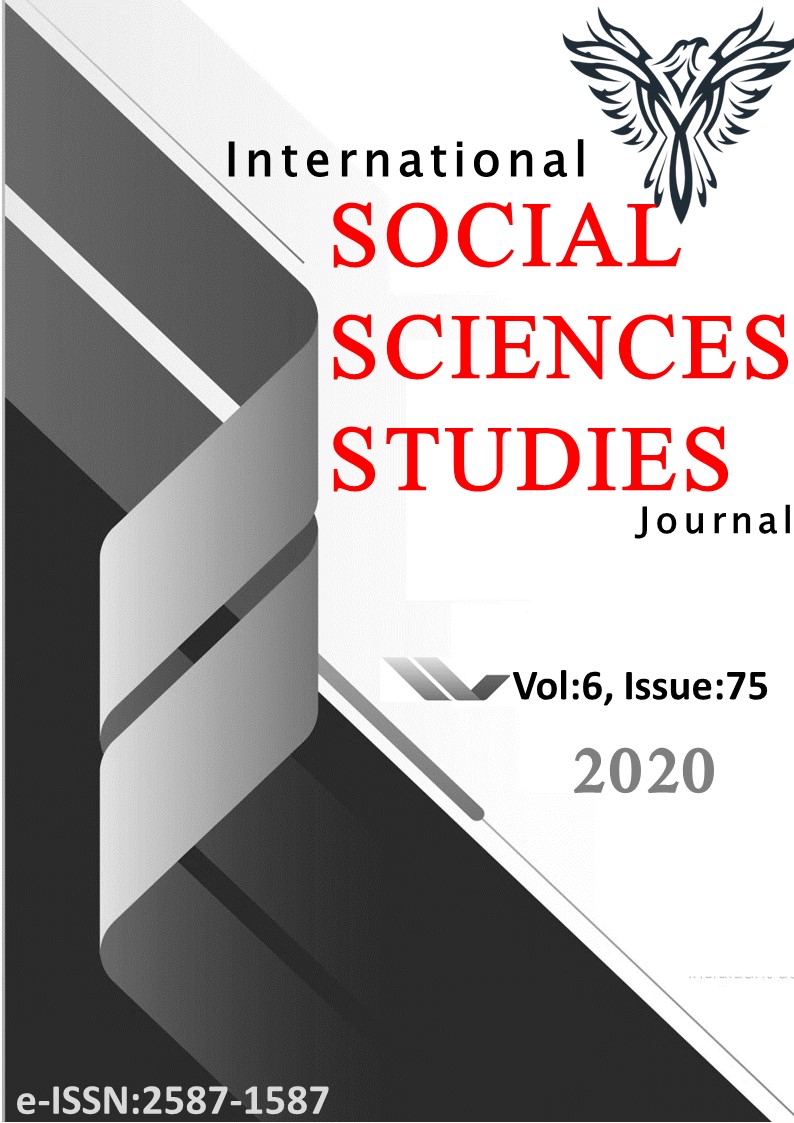THE IMPACT OF THE COVID-19 PANDEMIC PROCESS ON THE INDUSTRIAL COMPANIES TRADED ON THE ISTANBUL STOCK EXCHANGE (BIST): A BAYER-HANCK COINTEGRATION ANALYSIS
Author :
Abstract
Türkiye’de Cumhuriyetin ilanından itibaren sanayileşmeye büyük önem verilmiş ve sanayi sektörü, kalkınmanın anahtarı olarak görülmüştür. Türkiye ekonomisinin itici gücünü en büyük 500 firma ve ikinci en büyük 500 firma oluşturmaktadır. BIST-Sanayi Endeksi içinde işlem gören ve sayıca ağırlıklı olan bu firmalar, yurtiçi talebin büyük bir kısmını karşılarken, Türkiye ihracatının da önemli bir oranını gerçekleştirmektedir. Ayrıca, sanayi istihdamındaki payları da oldukça yüksektir. Bu gibi nedenlerle, bu firmaların yeni tip koronavirüs (COVID-19) pandemi süreci deneyimleri ve etkilenme biçimleri Türkiye ekonomisini de derinden etkilemektedir. Dolayısıyla, bu büyük ölçekli firmaların farklı yapısal değişimlerden etkilenme biçimlerinin ortaya konulması politika üretenler açısından önem taşımaktadır. Bu çalışmanın amacı, [16.03.2020-30.06.2020] günlük veriler için, COVID-19 vaka sayılarının BIST-Sanayi Endeksi üzerindeki etkilerini, uzun dönem için Bayer-Hanck (2013) eşbütünleşme analizi ve kısa dönem ilişkiler için hata düzeltme modeli yardımıyla belirlenmesidir. Analizler sonucunda, uzun dönemde COVID-19 vaka sayılarının BIST-Sanayi Endeksi üzerinde %3.4 azaltıcı etkisi olduğu ve kısa dönem için %4.8 azaltıcı etkisi olduğu görülmüştür.
Keywords
Abstract
In Turkey, great importance has been attached to industrialization since the proclamation of the Republic, and the industrial sector has been considered as the key to development. The driving force of the Turkish economy is composed of the largest 500 companies and the following 500 largest companies. Traded on the Istanbul Stock Exchange (BIST)-Industrial Index, and predominant in number, these companies meet a large part of the domestic demand while also realizing a significant proportion of Turkey's exports. Besides, their shares in industrial employment are quite large. For such reasons, the experiences of these firms regarding the new coronavirus (COVID-19) pandemic process and the ways they are affected have a considerable bearing on the Turkish economy. Therefore, revealing the ways these large-scale companies are affected by different structural changes has importance from the viewpoint of policymakers. The purpose of this study is to determine the effects of the number of COVID-19 cases on the BIST Industrial Index based on the daily data of the period 16.03.2020-30.06.2020, through the Bayer-Hanck (2013) cointegration analysis for long-term and an error correction model for short-term relationships. As a result of the analysis, it was observed that the number of COVID-19 cases had a 3.4% reduction effect on the BIST Industrial Index in the long term and a 4.8% reduction effect for the short term.





